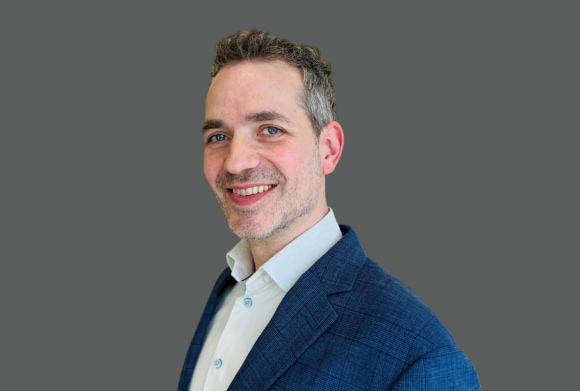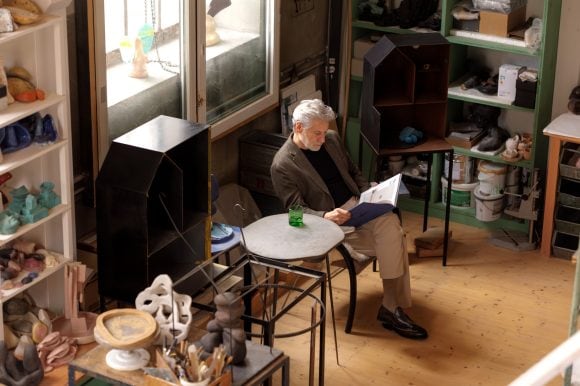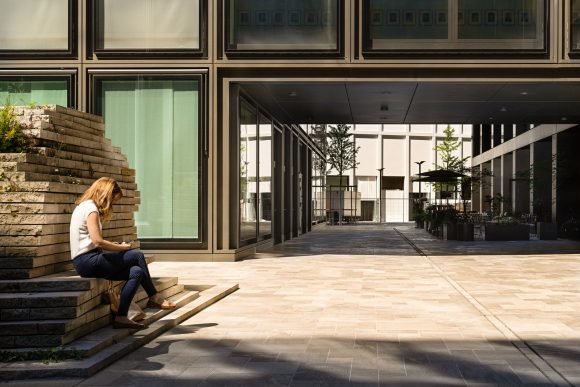Meet the experts Francis Condon: Our response to climate change can’t ignore social aspects
The head of thematic engagement for UBS Asset Management explains how his role has evolved over the past decade, and what key new topics may rise to the fore in the coming years.










